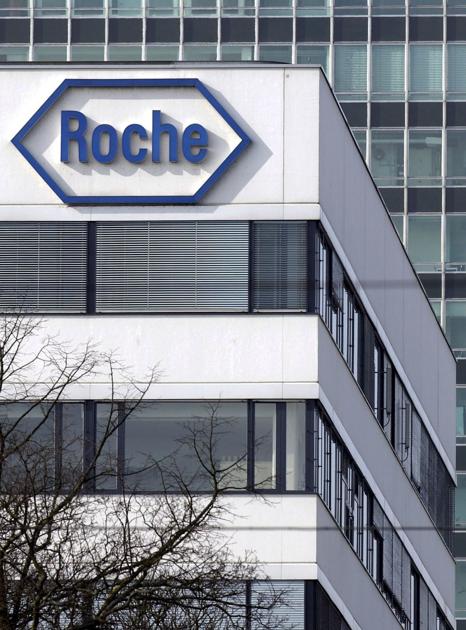COVID-19 has highlighted an issue that has long concerned the medical community: the United States’ over-reliance on foreign suppliers for pharmaceuticals and other medical supplies. The Trump administration is rightly developing plans to reverse this trend, which is a public health and national security concern.
The importance of China in our medical supply chain is a particular problem. Although the World Health Organization recently estimated that we get only 15% of our medical supplies from China, digging into the numbers shows the problem is much bigger. For instance, a Commerce Department study found that 97% of all antibiotics in the United States come from China. A cut-off would be devastating to medical care in this country.
We also are heavily dependent on China for personal protective equipment such as masks for medical personnel.
This situation has developed over the past 20 years as pharmaceutical companies around the world have shifted their supply chains to take advantage of much cheaper production costs offered by China and India. This shift resulted in the United States losing its manufacturing capability to produce antibiotics.
One example cited in a recent study says that the chemical starting ingredient for the recommended treatment for anthrax exposure, doxycycline, comes only from China.
In the course of the recent flare-up of tensions between the two nations there have been troubling suggestions in China that it cut us off from antibiotics.
Another concern involves the building blocks of chemical drugs, known as active pharmaceutical ingredients. Overall, the U.S. market gets only about 13% of its needed APIs from China, according to the Food and Drug Administration. But it is estimated that 90% of the medicines Americans take are generic drugs, and about half of all generic drugs dispensed in the United States come from India. India gets between 70% and 80% of its APIs for these drugs from China, so our indirect exposure to China as a source of widely used pharmaceuticals is quite large.
The strong case for rebuilding American drug manufacturing rests on the danger of a devastating interruption of our pharmaceutical supply chain. The supply of other materials, including testing swabs made in Italy, also was disrupted by the pandemic.
President Trump recently instructed the FDA to identify supply chain vulnerabilities in essential medicines, critical inputs such as APIs and “medical countermeasures” such as PPE. Then the federal agencies that buy such supplies are instructed to “accelerate … domestic production” of these goods, create redundancy in the domestic supply chain and ensure the “long-term demand” for such goods.
This will take time to implement, and it will be costly.
The recent apparent collapse of a federal contract with Kodak is an example of the costs and complications of federal subsidies for medical supply manufacturing.
The new U.S. International Development Finance Corp. announced July 28 that it would lend $765 million to Kodak to make APIs. But the news leaked on July 27, causing the company’s stock price to spike from $2 to about $30. Questions were raised about the timing of stock bonuses for directors. The Securities and Exchange Commission is investigating, and the loan is now on hold. House Democrats have launched an investigation.
One area where the United States can take steps quickly is in the production of PPE. U.S. Sen. Lindsey Graham, R-S.C., argues that the way to do so is to offer tax incentives to manufacturers willing to produce PPE. He says South Carolina manufacturers could benefit. He introduced a bill to implement the idea, but sadly it is trapped in the impasse over the next stimulus legislation.
Rebuilding America’s medical supply industry is a necessary precaution in today’s volatile world and as a hedge against the shortages that have plagued our response to COVID-19. It should have broad bipartisan support.


